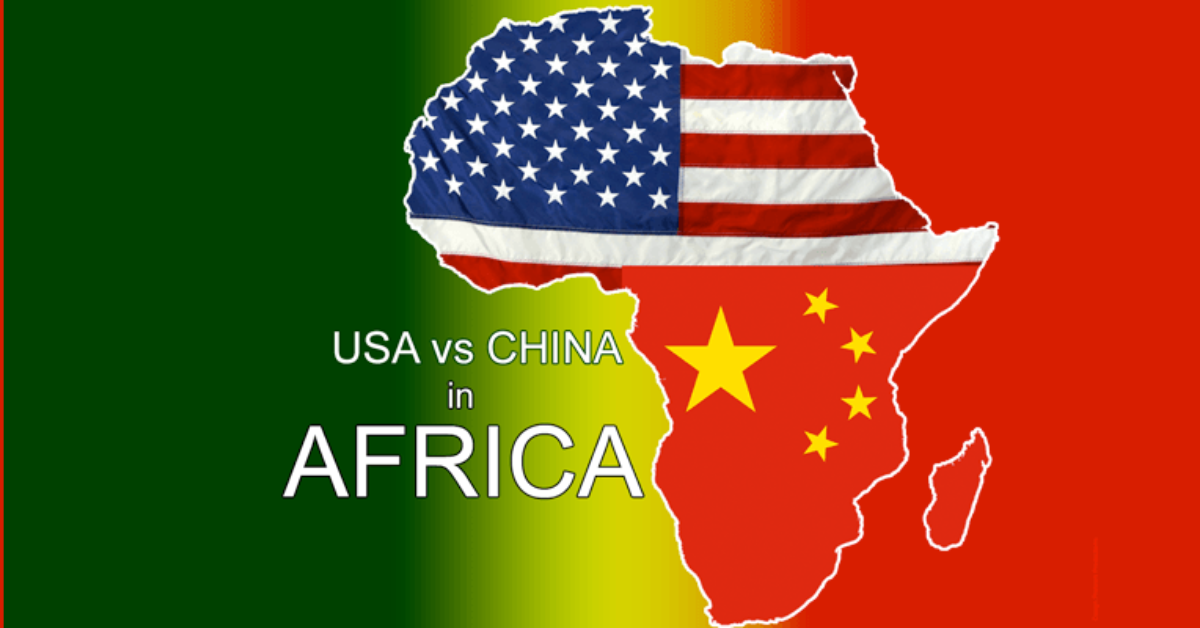The USS Savannah departed from Cambodia last Friday, after the first port visit by the U.S. Navy to the Southeast Asian nation in eight years. Despite being a close partner of China, analysts say the stop in Cambodia’s port city of Sihanoukville shows that the country is looking to improve its relations with the United States.
The Savannah arrived in Sihanoukville last Monday and docked there about 30 kilometers from the Chinese-funded Ream Naval Base, which has drawn concern from U.S. analysts as a potential permanent base for Chinese forces.
Cambodia’s Ministry of National Defense says the U.S. warship’s five-day visit was aimed at “strengthening and expanding friendship” and “promoting bilateral cooperation.”
In June 2024, U.S. Secretary of Defense Lloyd Austin met with Cambodian Prime Minister Hun Manet and Minister of National Defense Tea Seiha, with the two sides agreeing to strengthen their bilateral defense relationship.
Recent anti-democratic reforms, human rights violations and an increasing Chinese presence within Cambodia have strained relations. The Ream Naval Base is a particular sore spot for the two nations, with the U.S. imposing sanctions in 2021 on two senior Cambodian military officials accused of profiting from the Chinese-built base.
However, last week’s port call and official promises suggest that Cambodia wishes to push back against its reputation as a client state of Beijing, analysts say.
“I think that Cambodians are trying to show that — look, we’re not taking the side of the Chinese or the Americans,” said Abdul Rahman Yaacob, a researcher at the Lowy Institute in Australia.
Yaacob said that Cambodia is using the return of a U.S. defense presence to its shores to demonstrate its adherence to self-proclaimed principles of nonalignment to the broader Asian region.
Sam Seun, a policy analyst at the Royal Academy of Cambodia, told VOA that the international community too often focuses on Cambodia’s relationship with China, and that this port call proves Cambodia can have good relationships with the United States and other countries too.
He said China’s presence in Cambodia’s defense infrastructure is normal for a small country looking to “strengthen its military capabilities.”
One port call, though, might not be enough to quell U.S. fears about Chinese military influence in Cambodia and mend the U.S.-Cambodian relationship.
Although he viewed it as a “good start,” the warship docking in Cambodia “will not lead to a full restoration of relations between Cambodia and the United States. The United States will still accuse Cambodia of allowing China to establish a military base in its territory,” Seun said.
China’s two Type 056A frigates, the Aba and the Tianmenhad been stationed at Ream Naval Base for nearly 12 months by the time the Savannah arrived in Cambodia.
Cambodian officials earlier stated that the ships were there for training engagements with the Cambodian navy.
The base’s location holds strategic significance to China, given its proximity to potential conflict arenas and vital shipping routes in the South China Sea, said Sun Kim, assistant dean and lecturer at the Faculty of Social Sciences and International Relations at the Pannasastra University of Cambodia.
Sun said the base is important to Chinese oil and gas transportation, as it allows for a greater ease of transport of fuel from Africa and the Middle East.
Additionally, in the event of a conflict in the South China Sea or the Taiwan Strait, Ream Base could prove even more important, analysts say.
“If China needs to deploy its navy, Ream Naval Base may be used as one of the bases for deployment by China,” said Sun.
However, according to Cambodian law, foreign forces are prohibited from being permanently stationed in the country and from conducting military operations out of Cambodian bases. Cambodia has denied that the Ream Naval Base is controlled by China.
On Friday, Cambodia’s former Prime Minister Hun Sen said Japan would be granted visitation rights to Ream Naval Base, according to a post on his Facebook page. The announcement came during a visit to Cambodia by Japan national security adviser Akiba Takeo.
Katherine Michaelson contributed to this report.
Disclaimer: The Article has been published through RRS Feed from “Source Link ” and US In Focus does not claim ownership in any form. For removal of content, please let us know through Comment or Contact Us!
